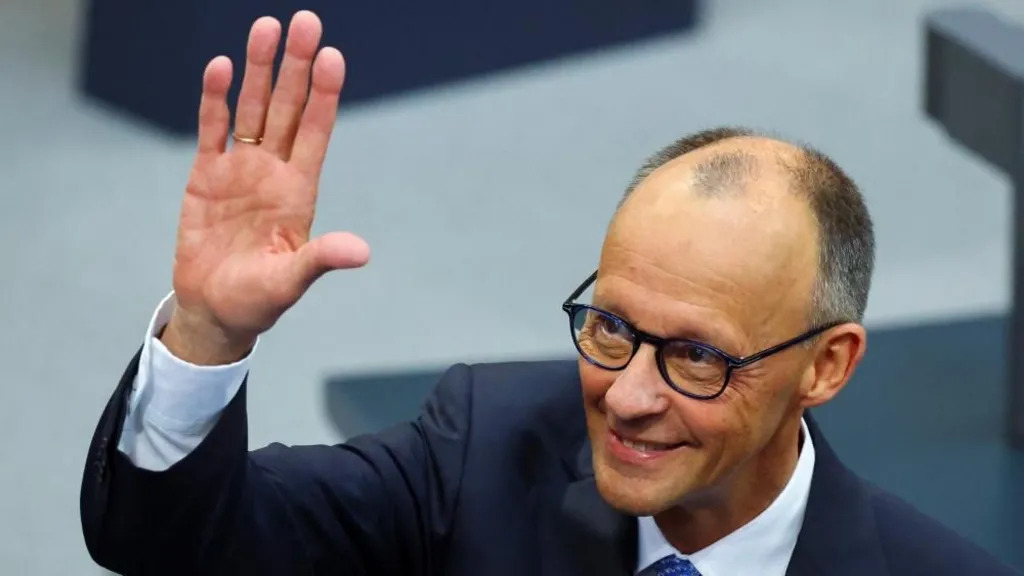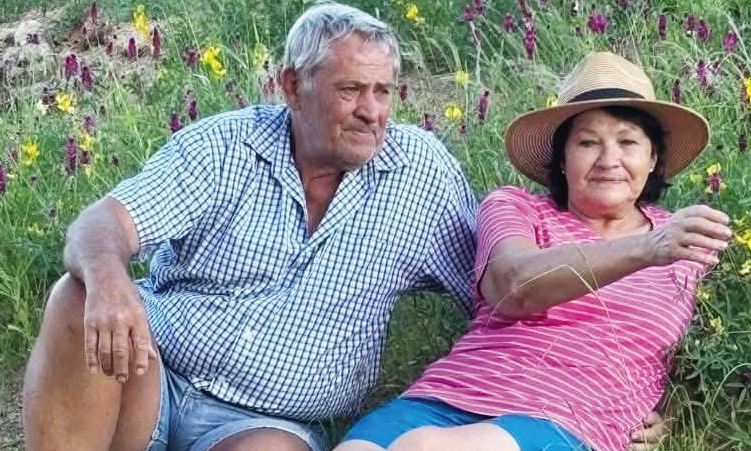THE president of an opposition party drew some flak from a human rights body after he made a remark during a political rally in the South a week ago, when he said most top Government posts in the country were occupied by members of a single tribe.
DTA President Katuutire Kaura said that mostly Oshiwambo-speaking Namibians held leading positions in Government and state-owned enterprises, leaving little chance for citizens of other language groups to build a career in Government, especially in southern Namibia. “This creates a skewed picture, since the Namas are native to the Hardap and Karas Regions,” Kaura said at the rally in Aranos.The Oshiwambo-speakers are the largest ethnic group in the country with about 800 000 people of a total population of two million Namibians.The remarks of Kaura were labelled as “tribalistic which could fan ethnic conflict” by the National Society for Human Rights (NSHR).”We fully share Kaura’s frustrations over the unrepresentative and unbalanced nature of certain administrative bodies in some southern parts of the country, ” said Dorkas Phillemon, NSHR spokesperson on Sunday.”However, the manner and fashion in which Kaura vented his frustration is incompatible with his status as Parliamentarian, accountable and serious lawmaker and principal author of the Namibian Constitution,” Phillemon criticised.”Such manifestly blunt, reckless and blanket reference to the dominance of certain authorities in southern Namibia by Oshiwambo-speaking people could be interpreted as being tantamount to ethnic hatred and could lead to the DTA President being perceived as harbouring some anti-Owambo sentiments.Utterances of this nature have the potential of fanning ethnic conflict,” the NSHR spokesperson warned in a statement issued Sunday.Kaura as a Member of Parliament was obliged by an oath to uphold the Constitution.The Constitution regards the “dignity of all persons inviolable.”It further states in Article 10 that “no persons may be discriminated against on the grounds of sex, race, colour, ethnic origin, religion, creed or social or economic status.”The perceived dominance of certain local and regional authorities by Oshiwambo-speaking people is being caused by various factors, Phillemon added.These included chronic voter apathy and general resignation among voters in some southern areas.”The indigenous residents need to be encouraged through civic education programs in order for them to become politically active and to stand up for their rights and responsibilities.Neglecting their right to vote and thereby choosing their own representatives, creates room for others to seize the opportunity,” the NSHR official noted.The role of opposition parties was to hold the Executive to account including ensuring that the rule of law was respected and the principles of democracy are adhered to.The other role of the opposition was to propose alternatives to what the Executive was doing so citizens received the benefit of political debate between different branches of Government.”But when there is practically no material difference between the opposition and the Executive as has been demonstrated by Kaura’s utterances, then the role of the opposition becomes redundant and irrelevant,” Phillemon concluded.Last week in Parliament, Deputy Labour Minister Petrus Ilonga, who is a particularly fierce defender of the ruling Swapo party, asked Kaura while the latter was delivering a speech, if it was correct that somebody who made such tribal remarks as Kaura did could still be allowed to speak in the National Assembly.”My remarks have nothing to do with the topic under debate in this House,”Kaura quipped, “I can say what I like.””This creates a skewed picture, since the Namas are native to the Hardap and Karas Regions,” Kaura said at the rally in Aranos.The Oshiwambo-speakers are the largest ethnic group in the country with about 800 000 people of a total population of two million Namibians.The remarks of Kaura were labelled as “tribalistic which could fan ethnic conflict” by the National Society for Human Rights (NSHR).”We fully share Kaura’s frustrations over the unrepresentative and unbalanced nature of certain administrative bodies in some southern parts of the country, ” said Dorkas Phillemon, NSHR spokesperson on Sunday.”However, the manner and fashion in which Kaura vented his frustration is incompatible with his status as Parliamentarian, accountable and serious lawmaker and principal author of the Namibian Constitution,” Phillemon criticised.”Such manifestly blunt, reckless and blanket reference to the dominance of certain authorities in southern Namibia by Oshiwambo-speaking people could be interpreted as being tantamount to ethnic hatred and could lead to the DTA President being perceived as harbouring some anti-Owambo sentiments.Utterances of this nature have the potential of fanning ethnic conflict,” the NSHR spokesperson warned in a statement issued Sunday.Kaura as a Member of Parliament was obliged by an oath to uphold the Constitution.The Constitution regards the “dignity of all persons inviolable.”It further states in Article 10 that “no persons may be discriminated against on the grounds of sex, race, colour, ethnic origin, religion, creed or social or economic status.”The perceived dominance of certain local and regional authorities by Oshiwambo-speaking people is being caused by various factors, Phillemon added.These included chronic voter apathy and general resignation among voters in some southern areas.”The indigenous residents need to be encouraged through civic education programs in order for them to become politically active and to stand up for their rights and responsibilities.Neglecting their right to vote and thereby choosing their own representatives, creates room for others to seize the opportunity,” the NSHR official noted.The role of opposition parties was to hold the Executive to account including ensuring that the rule of law was respected and the principles of democracy are adhered to.The other role of the opposition was to propose alternatives to what the Executive was doing so citizens received the benefit of political debate between different branches of Government.”But when there is practically no material difference between the opposition and the Executive as has been demonstrated by Kaura’s utterances, then the role of the opposition becomes redundant and irrelevant,” Phillemon concluded.Last week in Parliament, Deputy Labour Minister Petrus Ilonga, who is a particularly fierce defender of the ruling Swapo party, asked Kaura while the latter was delivering a speech, if it was correct that somebody who made such tribal remarks as Kaura did could still be allowed to speak in the National Assembly.”My remarks have nothing to do with the topic under debate in this House,”Kaura quipped, “I can say what I like.”
Stay informed with The Namibian – your source for credible journalism. Get in-depth reporting and opinions for
only N$85 a month. Invest in journalism, invest in democracy –
Subscribe Now!










